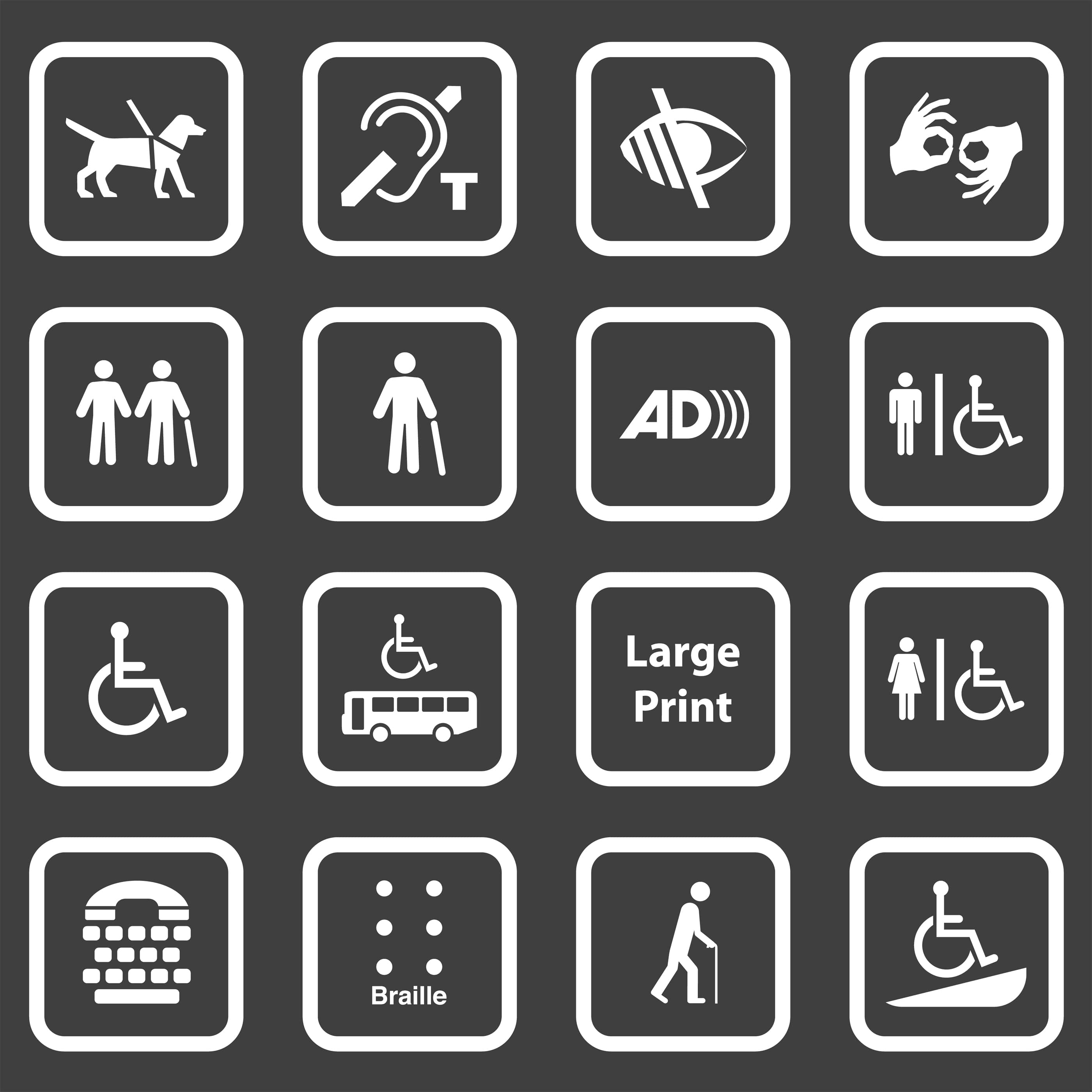
Have you been injured or have a significant health condition?
You may qualify for the Disability Tax Credit (DTC), either for yourself or your dependent. Any Canadian, who has a vital health condition, may be eligible for the Disability Tax Credit.
Some common conditions that regularly qualify are:
There are two levels of qualifying disability categories for the credit. The first level is the disabled group, and the second level being unable to perform basic activities of daily living. Canadians with medical conditions that slow their daily functions may qualify for the tax credit. To apply for the Disability Tax Credit, you must complete Form T2201 – Disability Tax Credit Certificate.
The Disability Tax Credit Refund Method:
Retroactive one-time refund – The CRA will evaluate your DTC application and see when you were diagnosed or how long you had symptoms of the qualifying disabilities. The disability credit can be approved for the past ten years.
Annual refund – If you have been found eligible to receive the DTC, you will be able to claim the DTC refund annually, when you prepare your taxes. You may claim the disability tax credit for yourself, a child, or your spouse/common-law partner.
To apply, you must fill out the disability form T2201 Part A, and a medical practitioner is required to fill out Part B of the form.
Posted on 09 Dec 2021


